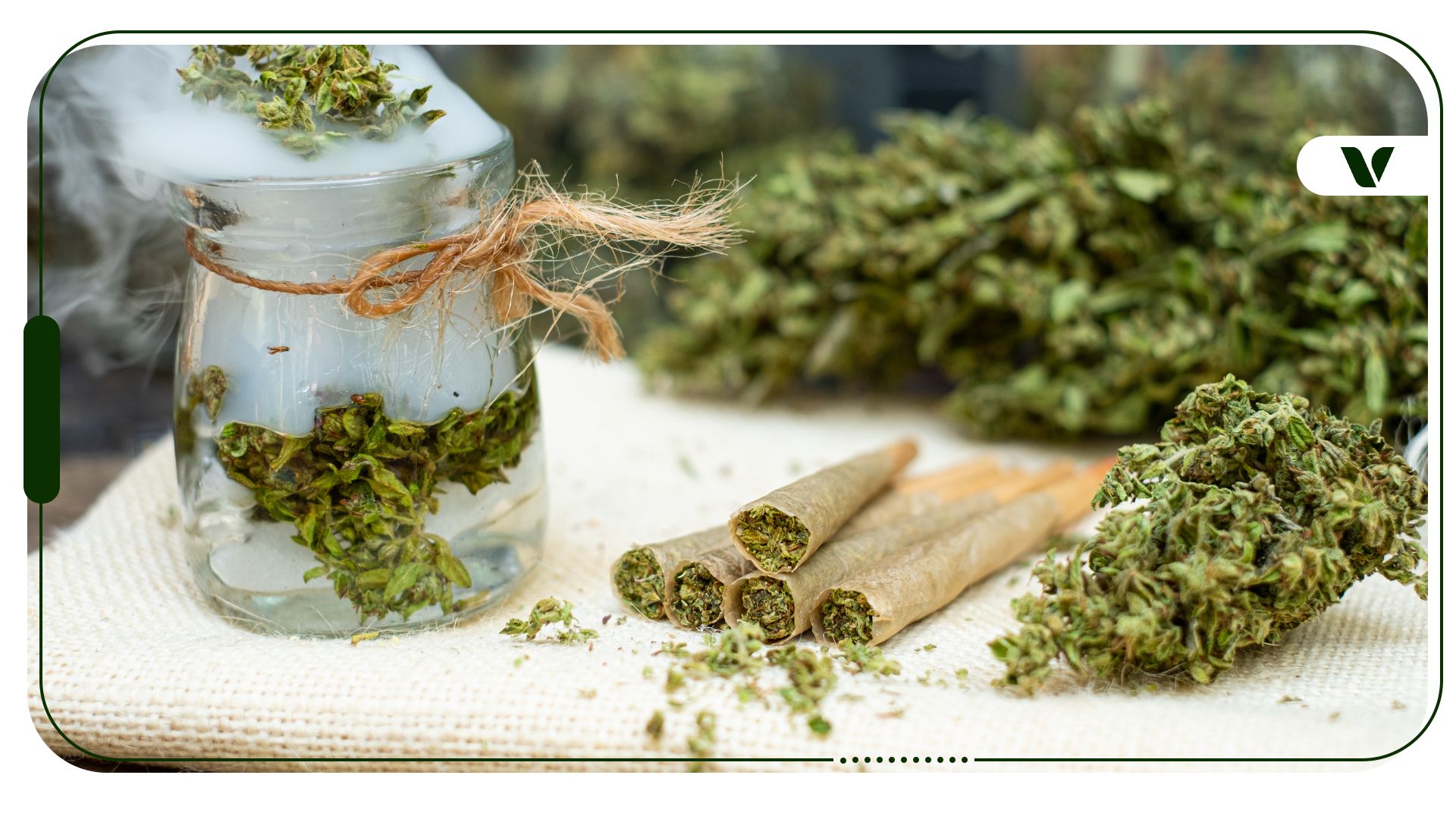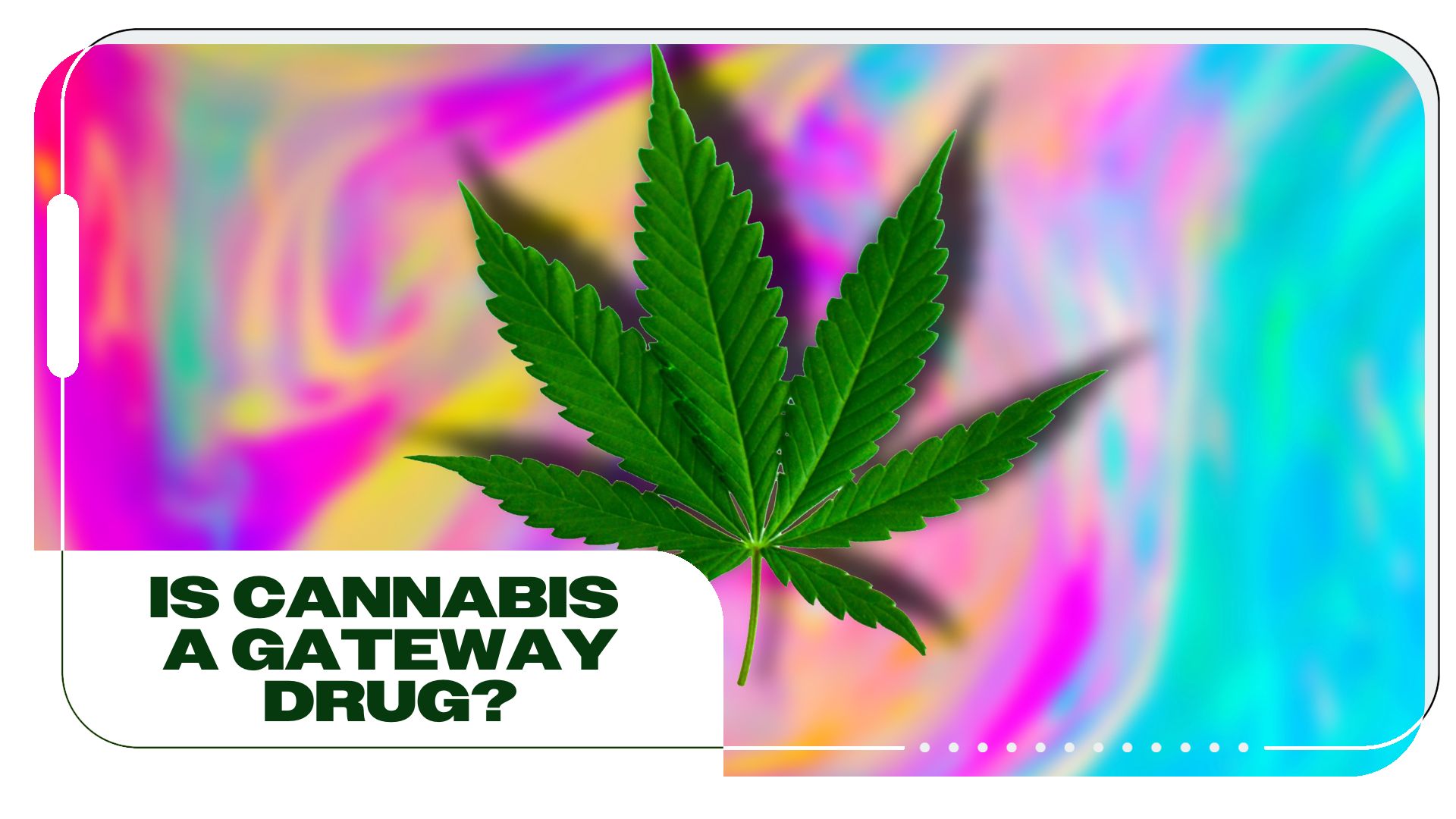The city of Denver, Colorado, decriminalized the possession and use of psilocybin in 2019—the first U.S. city to do so. Now, a psychedelic-focused bill aimed at reforming laws surrounding psychedelics further in the state has successfully qualified for the November ballot. Colorado could legalize psychedelics.
The Colorado Secretary of State’s office announced earlier this month that the Natural Medicine Health Act received enough qualifying signatures to make it to this November’s ballot. This campaign was backed by New Approach PAC, a nationwide political organization that is focused on supporting progressive reform surrounding cannabis and criminal justice policies. Activists collected over 100,000 more signatures than needed to qualify the measure for the ballot, showing significant support for its passing.
The Natural Medicine Health Act: Pros and Cons
The Natural Medicine Health Act, formally known as Initiative 58, would accomplish many aspects if approved by voters. These include legalizing the possession, cultivation, use, and sharing of psychedelic components such as ibogaine, mescaline, DMT, psilocybin, and psilocin for adults over the age of 21. If passed, the Department of Regulatory Agencies would be required to develop rules that would allow for therapeutic psychedelic programs at licensed healing centers for adults to receive psychedelic treatments by a trained facilitator.
If passed, the Natural Medicine Health Act would call for an advisory board consisting of 15 members with experience in scientific or religious aspects of psychedelic medicine. This board would be known as the Natural Medicine Advisory Board and would be the entity responsible for recommending new psychedelic substances to be approved for the program. Once recommendations are made, the Department of Regulatory Agencies would have the last approval on whether or not to authorize those recommendations.
This initiative also includes text to address the issue of those with criminal records pertaining to psychedelic-related crimes that would now be legal under the act. If passed, those with criminal records pertaining to aspects that would now be legal would have the right to petition the courts to seal their records. If the request is not met with any opposition by the district attorney, it would be automatically cleared from said records.
Any sales of psychedelic compounds would still be strictly prohibited; however, the initiative would allow for people to offer psychedelic services such as guidance and therapy or for harm reduction or spiritual purposes with or without payment.
Not all alternative medicine advocates are in support of the Natural Medicine Health Act, however. According to The Denver Post, Melanie Rose Rodgers—a prominent activist who helped get psilocybin decriminalized in Denver in 2019—has cited concerns about a corporate takeover of natural medicine following the enactment of Initiative 58. “It’s opening the floodgates for corporations to come to Colorado to open their bougie life and healing centers…I’m not here to create a new industry that’s only going to serve the rich and powerful,” Rodgers said.
In a statement to The Denver Post, Natural Medicine Colorado—which sponsored the act—said “the measure is designed to prioritize mental health and healing, while balancing safety and access.” The spokesperson added, “Those are the sole motivations for the design of the initiative. No corporation is financially supporting this campaign, and no corporation was involved in the design of it.”
Activists who want to see drug reform but aren’t on board with Initiative 58 have begun campaigning for different but similar legislation known as Initiative 61, which “would remove criminal penalties for using, growing or possessing psilocybin and other entheogenic plants throughout the state without establishing a legal, regulated market.”
Oregon Saw Great Success With Similar Reform
The state of Oregon has seen great success with a similar bill that passed there in 2020, which decriminalized the personal possession and use of all drugs, including psychedelics. Similar decriminalization measures were introduced in Washington state this year; however, due to a lack of funding, those efforts stalled, and no initiative will be on the Washington state ballot this year pertaining to reforming psychedelic-related laws.
Why You Should Get Your Medical Marijuana Card
Veriheal has satisfied millions of patients nationwide by giving them access to these benefits
- Larger purchase limits
- Peace of mind
- Enhanced legal protection
- Access to higher potency strains
- Save up to 25% on cannabis purchases
- Skip the line at the dispensary
In May 2022, Connecticut’s governor signed a budget bill that included a provision for the implementation of psychedelic-assisted therapy treatment centers. Additionally, in June, the Senate leader in New Jersey filed an initiative known as the Psilocybin Behavioral Health Access and Services Act, which is aimed at legalizing the home cultivation, possession, use, and gifting of psilocybin mushrooms for adults over the age of 21.
Legislators in California are also currently debating Senate Bill 519, which is also aimed at decriminalizing the personal use of many psychedelics, including LSD, DMT, psilocybin, and MDMA.
Research and Testimonials Point to Psychedelics’ Therapeutic Benefits
According to John Hopkins Medicine, “The molecular structure of psilocybin, a naturally occurring psychedelic compound found in ‘magic mushrooms,’ allows it to penetrate the central nervous system and the scientific and medical experts are just beginning to understand its effects on the brain and mind and its potential as therapeutics for mental illnesses.”
Psychedelics have been utilized by individuals in cultures around the world for centuries. There is significant research surrounding the use of psychedelics for a wide range of ailments and purposes dating back to the early 20th century. However, due to the illegality of many psychedelic compounds, this information has been suppressed for many years and is just now beginning to make its way back into the mainstream knowledge of individuals globally.
Just recently, renowned athlete Aaron Rodgers made public statements regarding his use of psychedelics for mental health and how it led him to have the best season of his life. He stated the following in a recent podcast:
“To me, one of the core tenets of your mental health is that self-love. That’s what ayahuasca did for me, was help me see how to unconditionally love myself. It’s only in that unconditional self-love, that then I’m able to truly be able to unconditionally love others. And what better way to work on my mental health than to have an experience like that? The greatest gift I can give my teammates, in my opinion, is to be able to show up and to be someone who can model unconditional love to them. I mean obviously it’s important I play well and show up and lead and all that stuff. They won’t care about what you say until they know how much you care.”
In recent years, much progress has been made surrounding the research of the therapeutic properties these compounds may possess. So much, in fact, that it actually gained the attention of the DEA, which recently called for an increase in psychedelic production for research purposes. UW-Madison School of Pharmacy in Wisconsin recently announced they would be adding a new facility known as the Transdisciplinary Center for Research in Psychoactive Substances, which will focus on psychedelic studies.
In previous posts, we have covered many topics surrounding the therapeutic use of psychedelics, including how they help with depression and phantom limb pain, how they help to improve neuroplasticity, their potential use in autism treatment, their potential to help racial trauma, and much more.
It is an exciting time to be alive and to be witnessing the evolution of knowledge surrounding some of the oldest and most highly embraced therapeutic compounds that have been used in cultures around the world for centuries. Hopefully, this November, we will see Colorado reform laws surrounding psychedelics and offer new holistic-based therapeutic options for adults.
Author, Share & Comments







